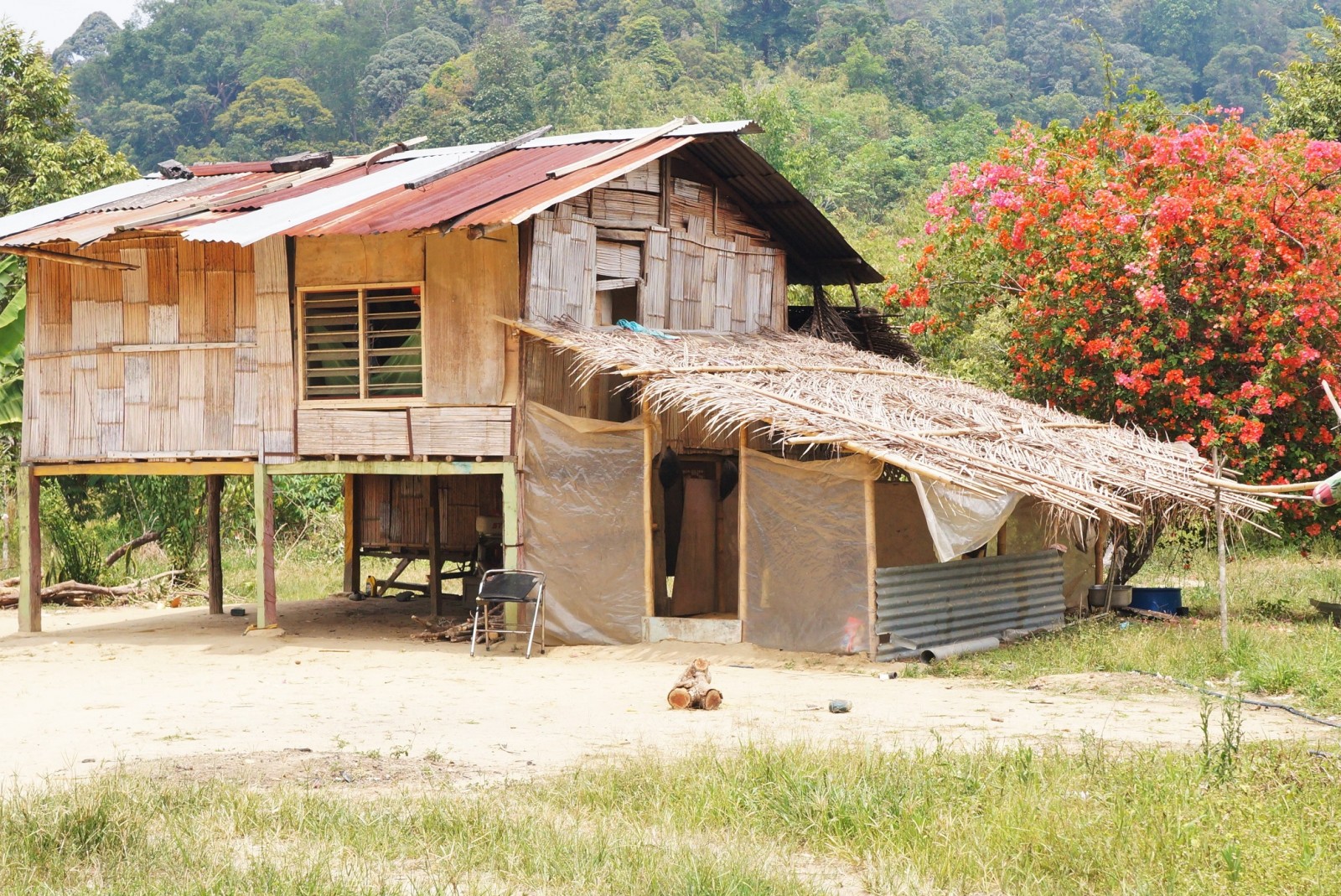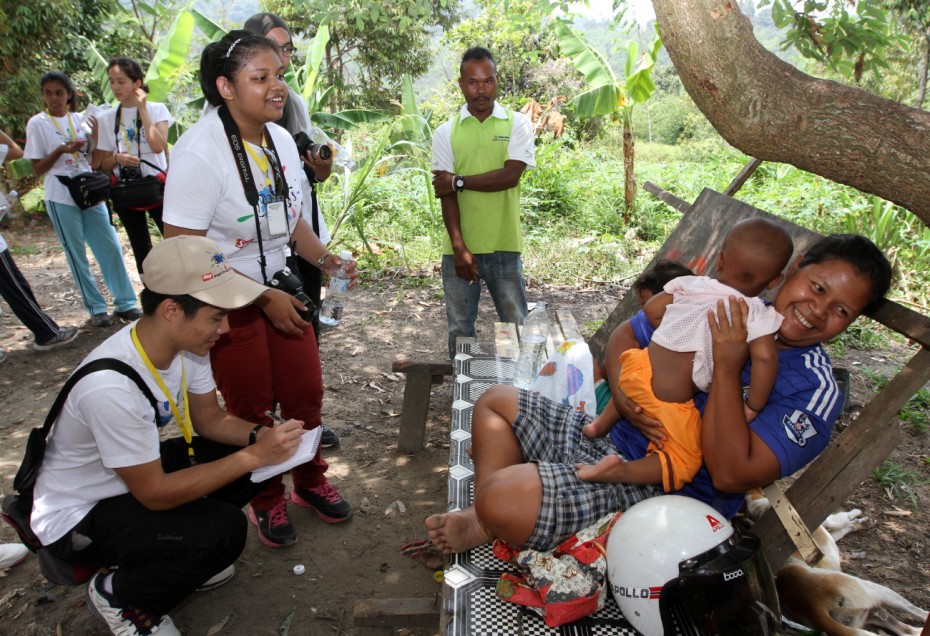By #TEAMMAYLEE
brats@thestar.com.my
WHILE many orang asli are accepting elements from the modern world, nothing comes close to the simple, fulfilling life they have in the kampung.
Take the Temuan tribe from Kampung Sungai Dalam, Pahang, for instance.
Many in the village have expanded their horizons by working outside the village. Quite a few work at the nearby Casabrina Vacation Villas in Raub, which arranges regular trips to the village for its guests.
However, most still prefer their old way of life, which has been largely unchanged for generations.
They are early risers and spend their mornings tending to their garden plots before going fishing in the nearby river in the afternoon.
Their crops and catches sustain their families, while extras are sold for additional income.
This lifestyle, sustained through the generations with minimal change, is partly due to the culture of passing knowledge and life skills down from father to son.
From an early age, Temuan children are taught skills like hunting or building traditional houses, made out of tree bark and roofed with leaves.
“There isn’t much of a difference between my generation and the way the current generation is living now,” said Kita, an elderly woman who grew up in Kampung Sungai Dalam.
The village is only a 30-minute drive away on a dirt road through the Raub jungle – but it feels like a world away.
“Some of the Temuans have tried living in the cities,” said Muhammad Hasrul, 31, who works alongside some of the orang asli in Casabrina. “But city life is not for them, and they usually return to the village after a while.”
At night, the village gets so chilly that they build bonfires to keep warm.
Those bonfires are pretty much the only source of light, as the main longhouse doesn’t have electricity, and only two houses in the whole village have generators.
In spite of this, the Temuans are happy.
“They don’t need money to survive,” said Hasrul. “Here, they have their freedom.”















Tell us what you think!